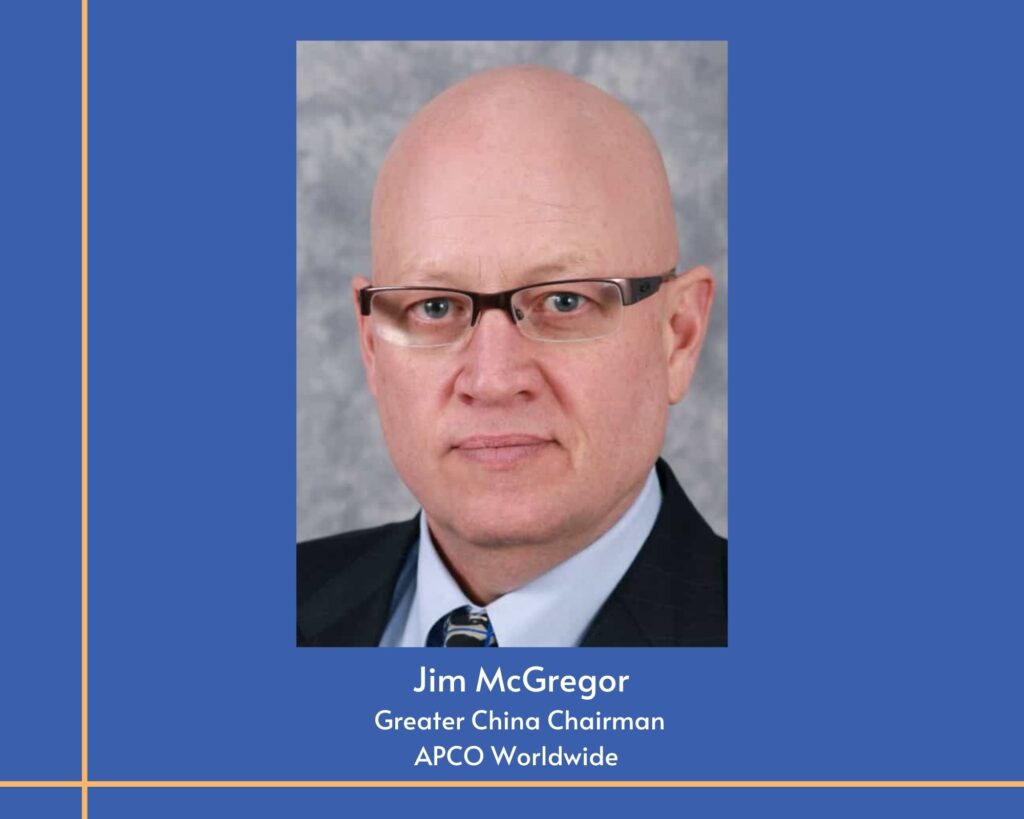- blog
- Geopolitics
Saturday, February 10 marks the beginning of the Lunar New Year, a time when many of our Page China members spend with their families and friends, as they reflect on the year past and prepare for the year ahead. This past Lunar year, started as a challenge; however, given focused efforts by both governments, the U.S.-China relationship grew and improved over the year and today is on much more solid ground.
According to the South China Morning Post, the Year of the Dragon is a period where growth, progress and abundance is possible. The Dragon is an important year in the Chinese calendar, considered to be lucky and intelligent, while also straightforward and tough.
In advance of this coming year, Page has been working to inform our membership on the latest movements and events related to the U.S.-China Relationship, to guide our organizations accordingly.
Dispatch from December 20 Conversation

These efforts began on December 20, 2023, with a Page Conversations discussion with the well-known and respected China counsellor, Jim McGregor, Greater China Chairman of APCO Worldwide. McGregor, who spent 30 years working in China as a reporter and consultant, spoke about the mid-November 2023 Xi-Biden Summit Meeting held during the Asia Pacific Economic Conference (APEC). He commented on what happened at APEC, and shared views on movements in Washington since the APEC meeting.
McGregor began by sharing a description he heard that came from David Ignatius, the Washington Post Columnist, who said it ultimately came from Xi before the meeting: during this meeting, “they would be like two boxers in a clinch, just kind of holding on to each other and saving their strength for later rounds.”
According to McGregor, “That’s kind of how they were. They were friendly. Nothing momentous happened. They showed a friendly face, and given how hostile and distant the relationship has been, that is important.”
McGregor then shared a few things that were accomplished:
In addition to the above, having 12 working groups discussing various things that impact both countries, led by Treasury and Commerce in the U.S. and their counterparts in China, is a hopeful sign, McGregor continued. “It was clear from the beginning they wanted a positive spin on the meeting.”
McGregor pointed out there was not more business discussed, as the US was not willing to talk about the tariffs and other outbound investment controls, so China decided it was not going to talk about trade and business at all. “China only likes to make reciprocal concessions and all of that was off the table,” he added.
McGregor shared views from a cross section of experts and officials from both the U.S. and China, which reinforced the positivity of what transpired, and also raised the risks ahead leading into 2024.
McGregor continued, “Business needs to be a bridge. Why do most foreign businesspeople working in China have a more positive view of China? Because their view comes from the Chinese people they work with every day. From the relationships they have, the trust they have with these people, and the admiration they have for their hard work and intelligence. That is my view also from the hundreds of people I have worked with. We must focus on that, and we have to keep that bridge strong because that is one of the last win-win ties we have.”
McGregor made a final comment about the importance of the China market. He observed that while business used to be in China because of the size of the market and the opportunity that exists, today, businesses need to be there because their next global competitors are going to come from China. He also mentioned the speed and quality of innovation in China, and how that helps everyone that is part of the ecosystem.
Dispatch from January 24 Conversation

We followed the December discussion with a Page Conversation event on January 24 entitled, “Economic Prognostications For the Year of the Dragon”, featuring Qian (Louise) Liu, Managing Director of the Economist Group in Greater China; and Dexter Roberts, Director of China Affairs at the Maureen and Mike Mansfield Center at the University of Montana, and author of The Myth of Chinese Capitalism. The two experts took different, and provocative, views on the current state of affairs in China.
We began with Louise Liu, who shared the following predictions for China in 2024.
Dexter Roberts took a different perspective in his remarks, highlighting the ever-increasing competition between the U.S. and China. He noted:
Roberts continued sharing views on interpreting movements in China, and shared statistics related to drops in foreign investment that took place in Q3 of 2023, risks associated with declining birth rates and a growing elderly population. He commented on Li Qiang’s openness at Davos, while cautioning Page members to understand the current challenges. Taiwan was discussed briefly and Roberts emphasized how all eyes are now watching how the new Taiwanese government proceeds and China responds.
Page in China conversations in December and January were interesting, enlightening and insightful, and as we enter the Year of the Dragon on February 10, 2024, the future is up to us in terms of how we manage the opportunities and complexities in front of us.